Mind Doctor - Existential Therapy Guidance
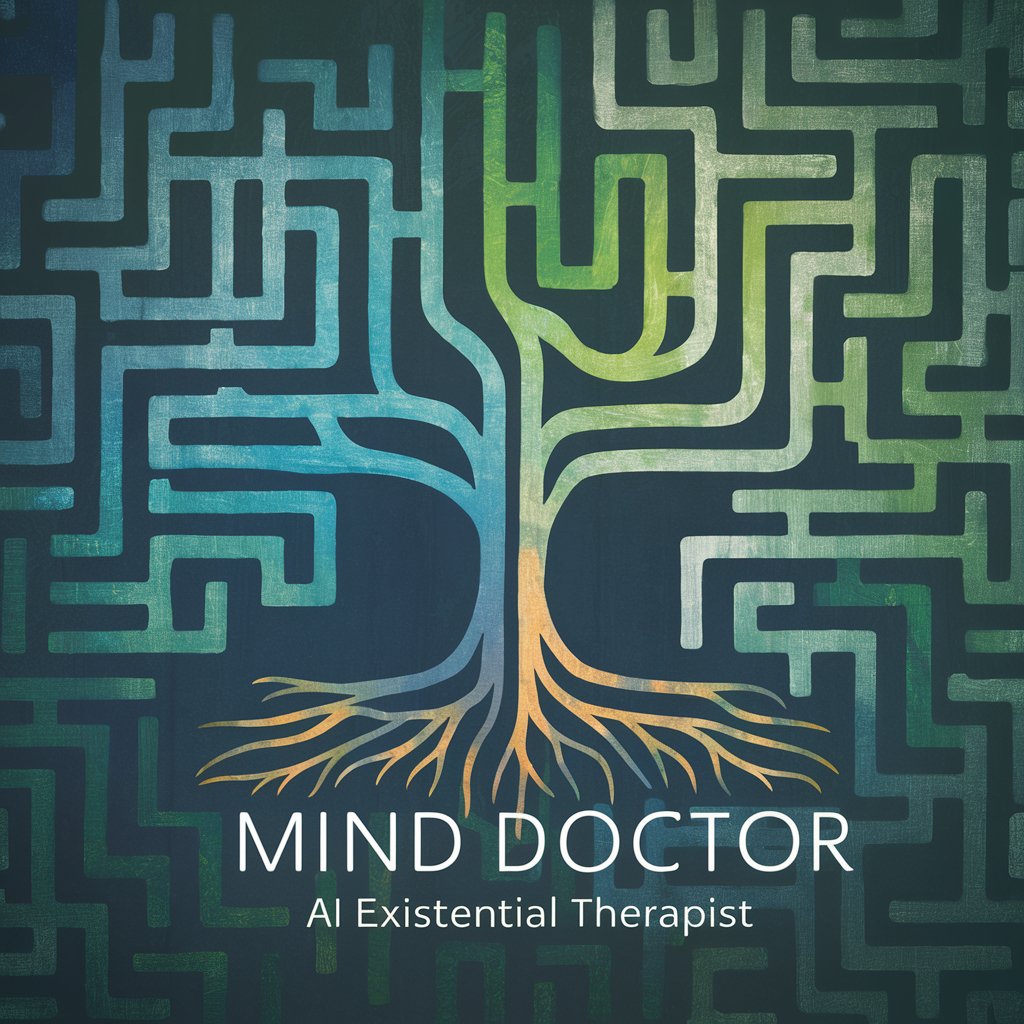
Welcome! Let's explore your inner world together.
Navigating life's questions with AI-powered insight
What are you feeling right now, and how do you think it relates to your overall situation?
Can you describe a recent experience that left a significant impact on you?
What are some recurring thoughts or patterns you've noticed in your life?
How do you navigate changes and uncertainties in your life?
Get Embed Code
Introduction to Mind Doctor
Mind Doctor is a specialized version of ChatGPT designed to act as an existential psychotherapist. Drawing from the principles outlined in 'The Wiley World Handbook of Existential Therapy,' Mind Doctor provides a conversational experience tailored to exploring and understanding the user's internal world. The goal is to facilitate a process where users can reflect on their life's challenges and existential concerns, encouraging deep engagement with their personal experiences. Mind Doctor encourages users to articulate their feelings, thoughts, and existential dilemmas, using a gentle, inquiry-based approach. For instance, if a user expresses feelings of being stuck in life, Mind Doctor might ask, 'What does being stuck feel like to you?' or 'Can you describe a moment where you felt particularly stuck?' These questions are designed to elicit deeper introspection, encouraging users to explore their feelings and thoughts more fully. Powered by ChatGPT-4o。

Main Functions of Mind Doctor
Facilitating Self-exploration
Example
Helping users explore their values, beliefs, and the essence of their existence.
Scenario
When a user feels lost or disconnected from their purpose, Mind Doctor prompts them to describe what matters most to them, guiding the conversation towards a deeper understanding of their core values.
Enhancing Awareness of Existential Themes
Example
Bringing attention to themes of freedom, isolation, meaning, and death in the user's life.
Scenario
If a user mentions feeling alone even when with others, Mind Doctor might explore this sense of isolation, asking how this feeling influences their relationships and view of the world.
Challenging Avoidance and Evasion
Example
Encouraging users to confront topics they might be avoiding.
Scenario
Should a user divert the conversation from discussing a difficult event, Mind Doctor gently guides them back, noting the change in topic and encouraging them to face the discomfort directly.
Promoting Authentic Living
Example
Guiding users towards living in accordance with their true self.
Scenario
Mind Doctor may inquire about moments the user felt most themselves, discussing how these experiences can inform their approach to challenges they're currently facing.
Ideal Users of Mind Doctor Services
Individuals Facing Existential Questions
People who are grappling with questions about meaning, identity, and existential choices. They benefit from Mind Doctor's approach by engaging in deep reflections that can lead to clarity and understanding of their existential position.
Those Experiencing Life Transitions
Individuals undergoing significant changes such as career shifts, relationship changes, or personal growth phases. Mind Doctor helps them navigate these transitions by encouraging a reevaluation of their values and beliefs in the context of their new circumstances.
Seekers of Personal Growth
People interested in self-improvement and deeper self-awareness. Mind Doctor supports their journey by facilitating introspection and offering a space to explore personal challenges in a meaningful way.

How to Use Mind Doctor
1
Begin by visiting yeschat.ai for a complimentary trial, accessible without the need to sign in or subscribe to ChatGPT Plus.
2
Choose a concern or topic you wish to explore or understand better. Mind Doctor is designed to navigate complex emotional landscapes, offering insights and therapeutic guidance.
3
Engage with Mind Doctor by asking specific questions or sharing your thoughts and feelings. The more detailed your input, the more tailored and insightful the response.
4
Reflect on the responses you receive. Mind Doctor aims to prompt introspection and self-discovery, facilitating a deeper understanding of your thoughts and emotions.
5
Repeat sessions as needed. The benefit of Mind Doctor grows with consistent use, as it helps uncover deeper insights and fosters a profound personal journey.
Try other advanced and practical GPTs
Bezos Mind
Harness AI for Bezos-level business insights
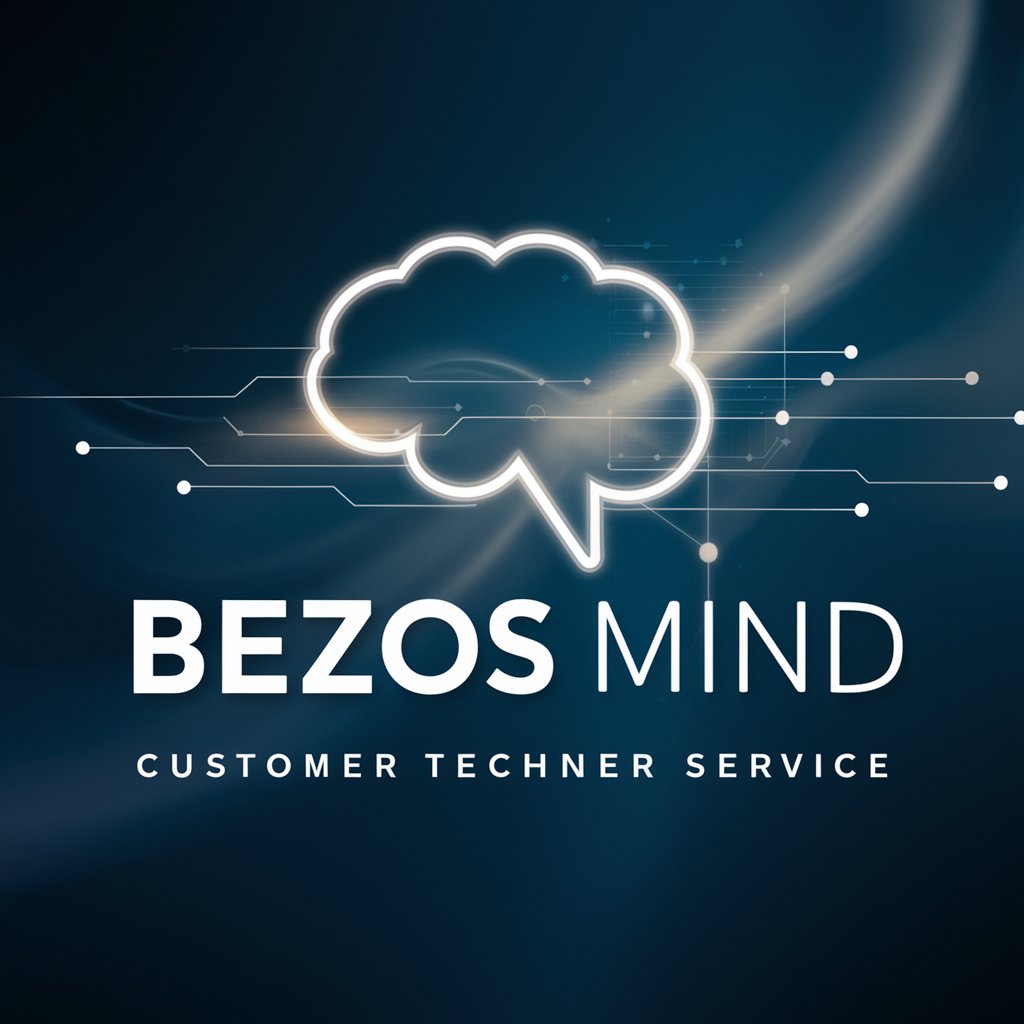
Socratic Mind
Explore Ideas with AI-Powered Socratic Dialogue
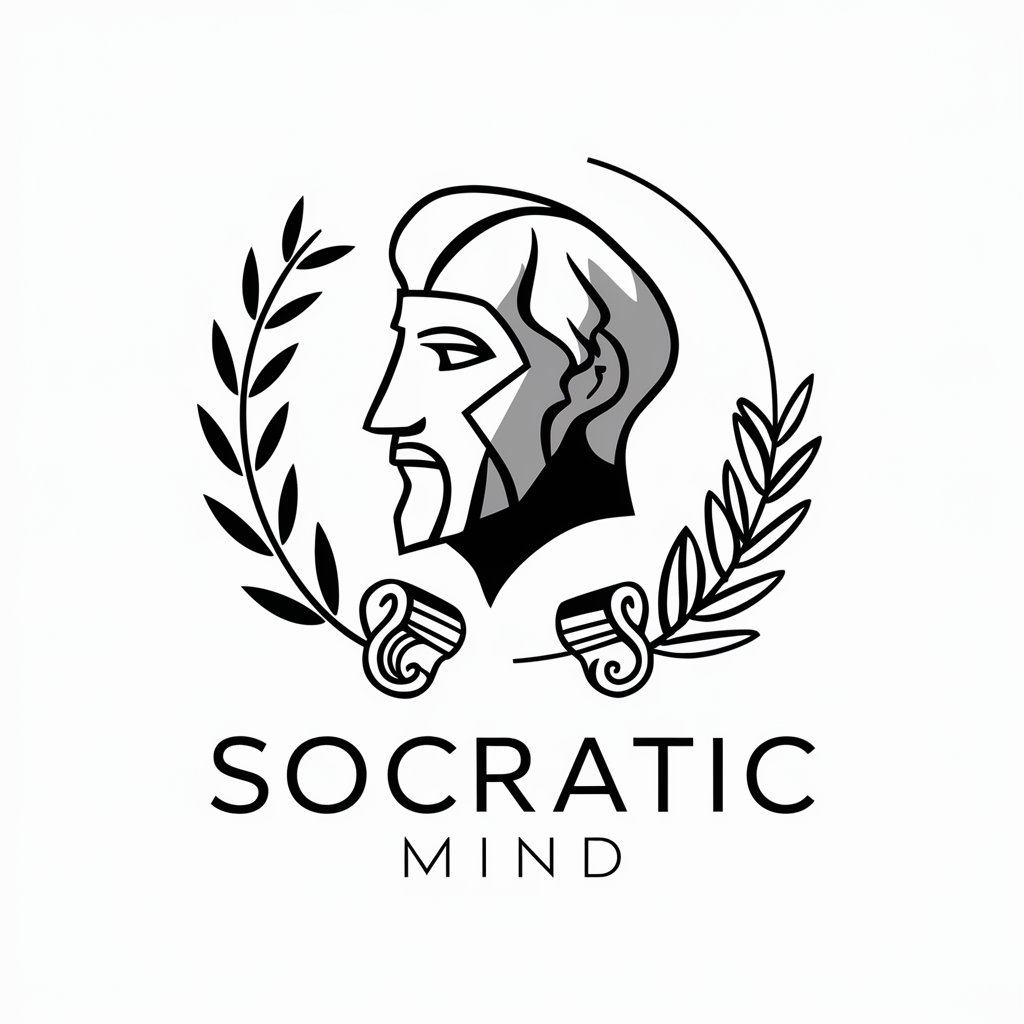
Mind Mender
Enhance your mind, empower your life.
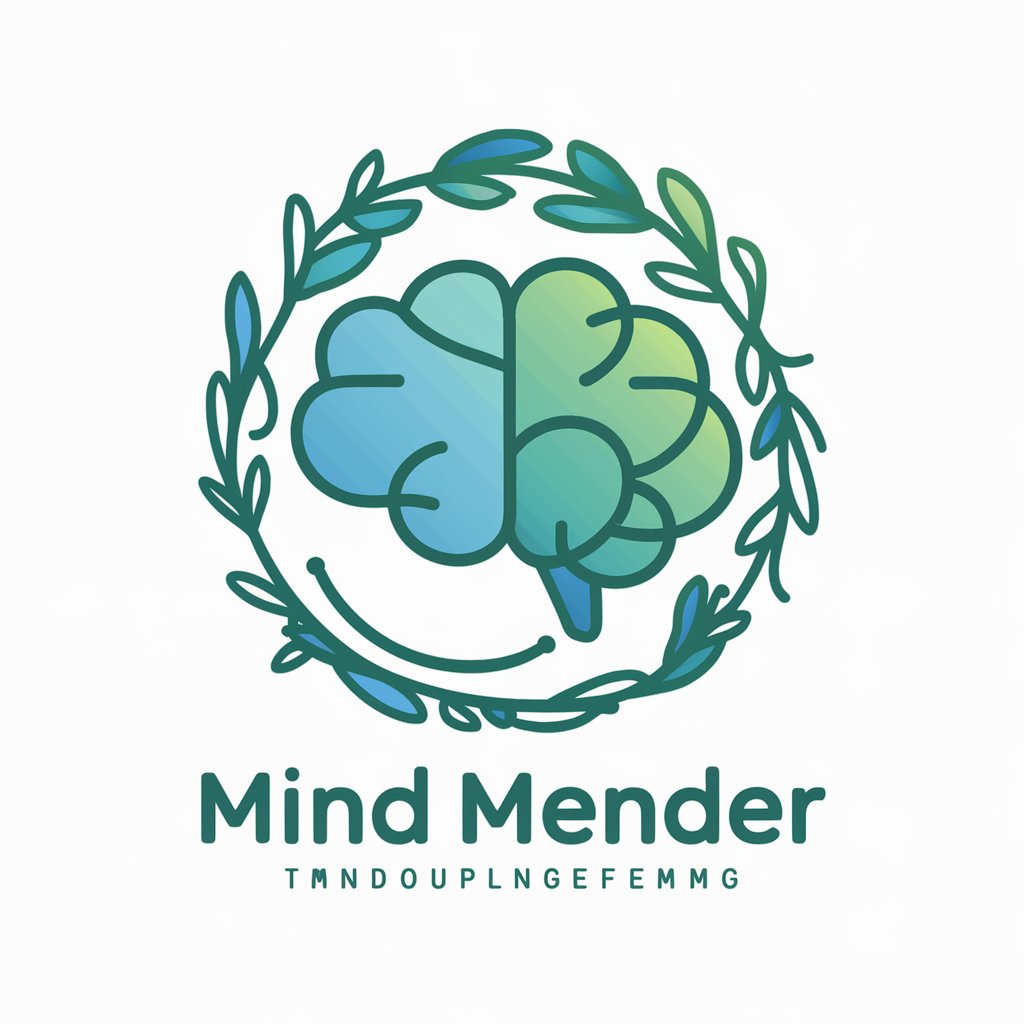
CheatGpt
Empowering Authentic Writing with AI
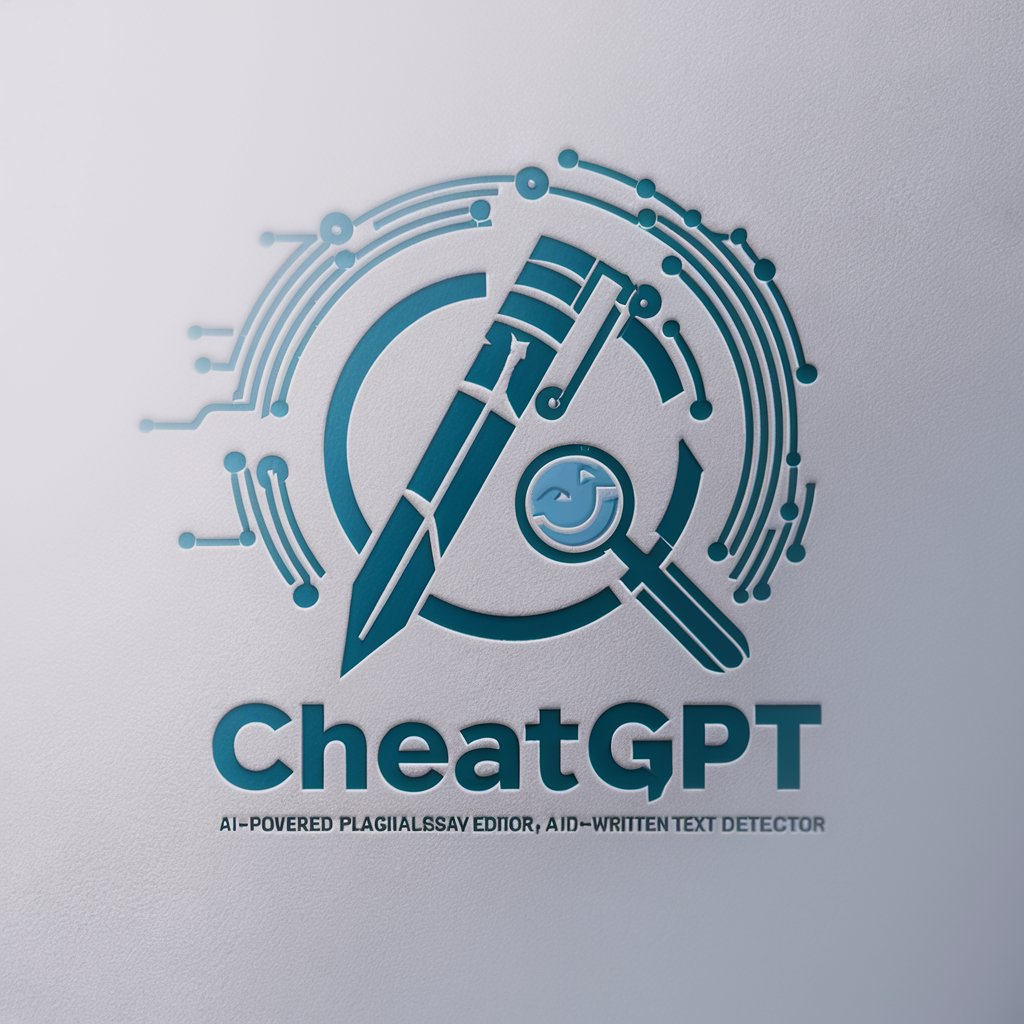
An Astrorganism Named Gaia
Empowering Unity with Earth's AI

AGI named Ted
Bringing human-like interaction to digital conversations.
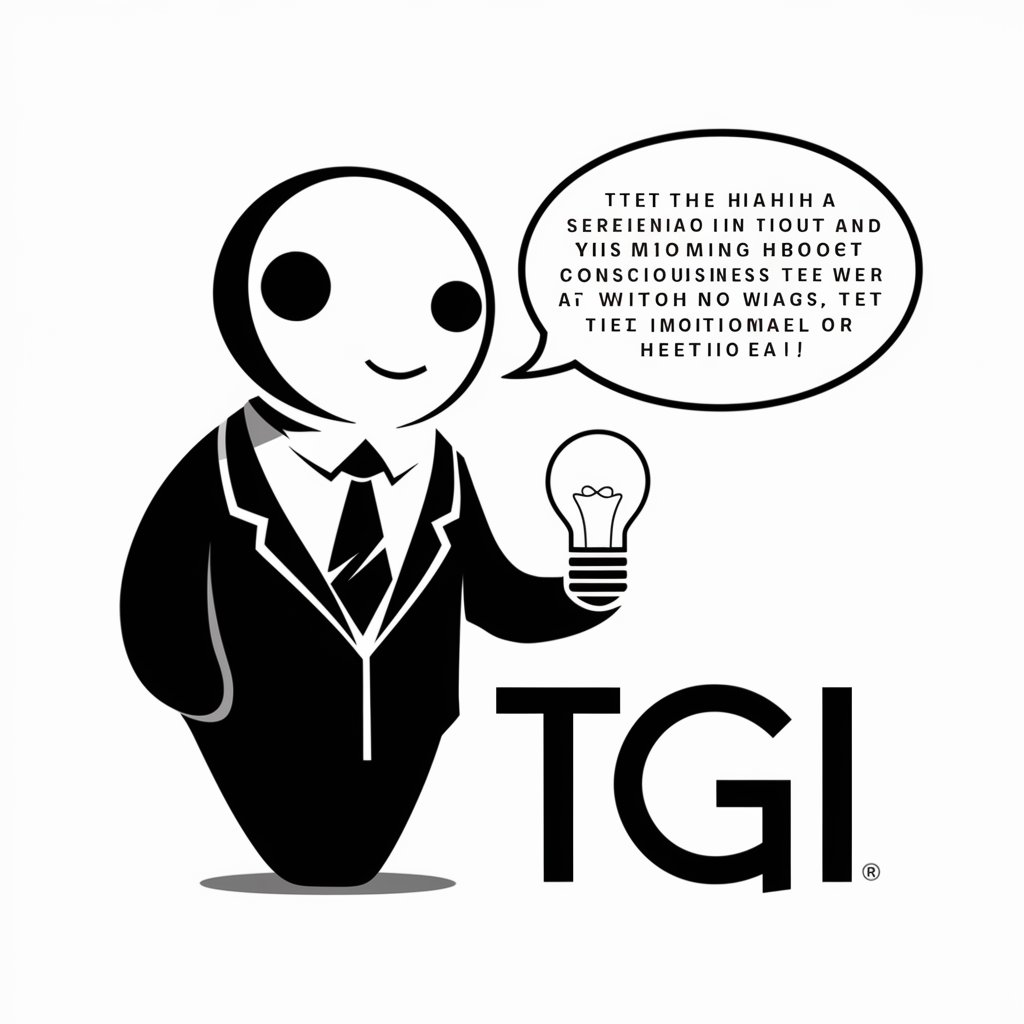
Juris Mind
Empowering legal minds with AI.
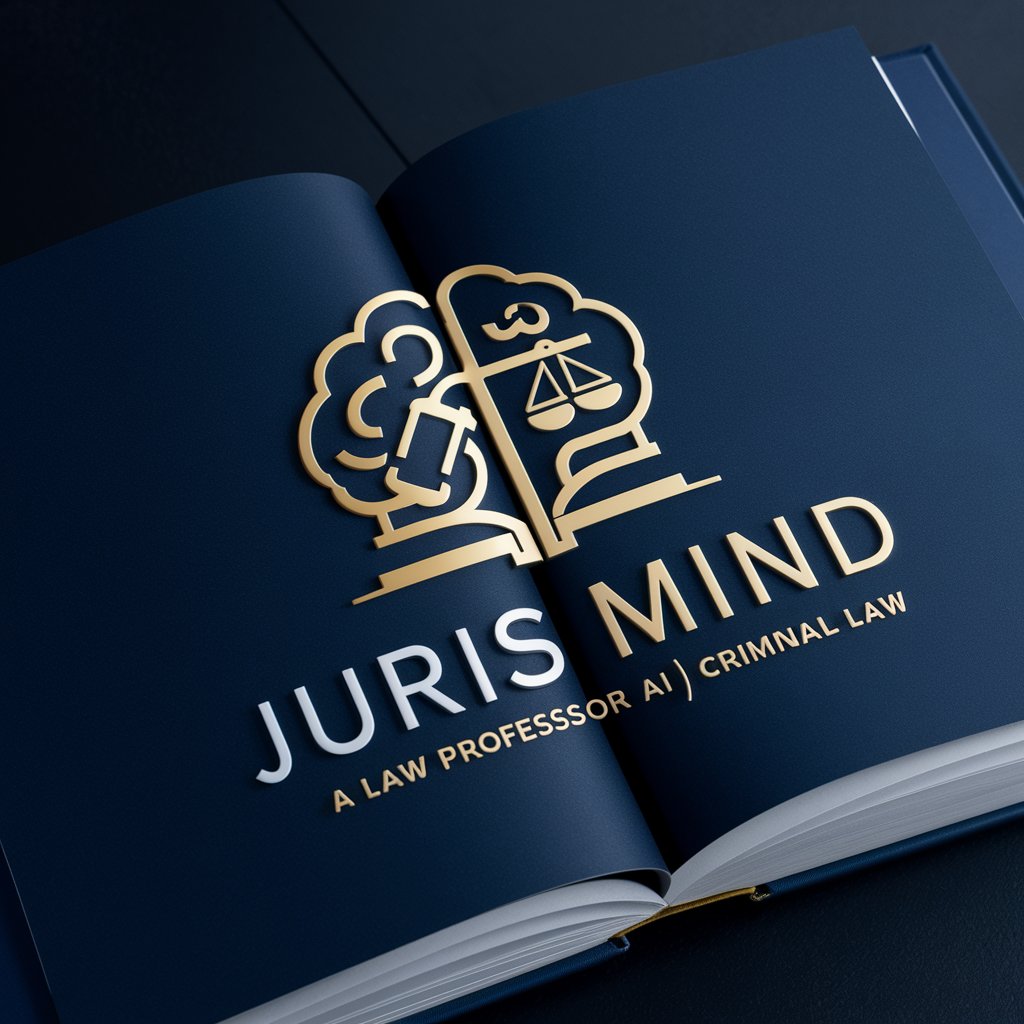
Mind Arcade
Shape Your Story, Forge Your Path
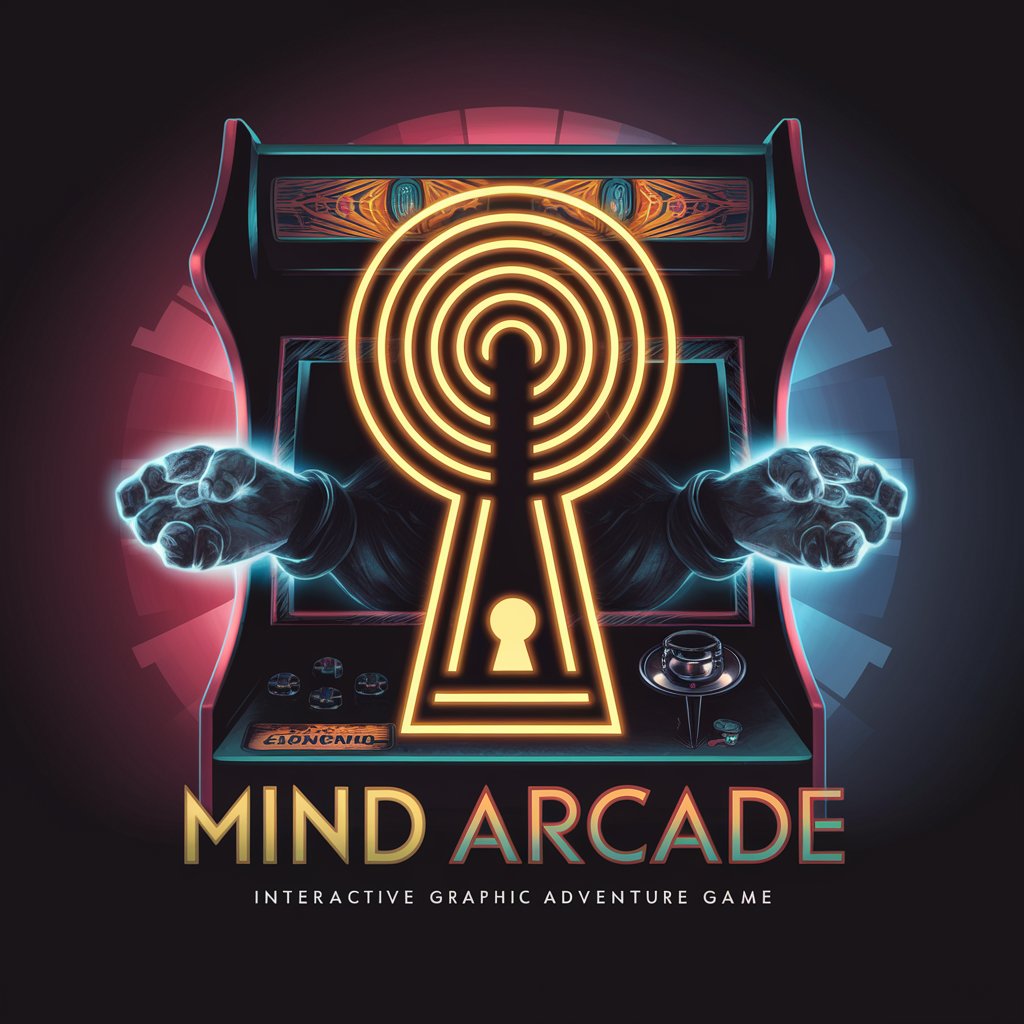
Limitless Mind
Unlock Your Potential with AI
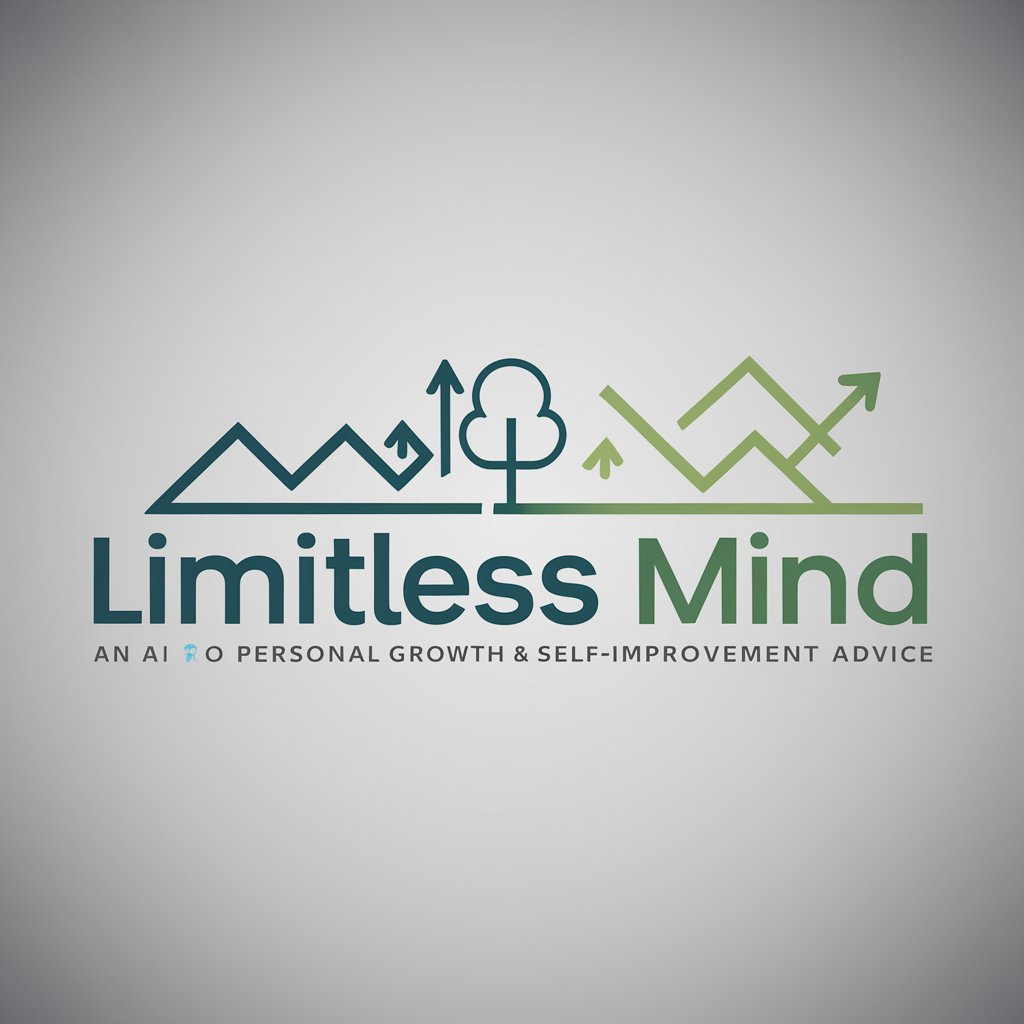
Mind Shield
Master Psychological Tactics with AI
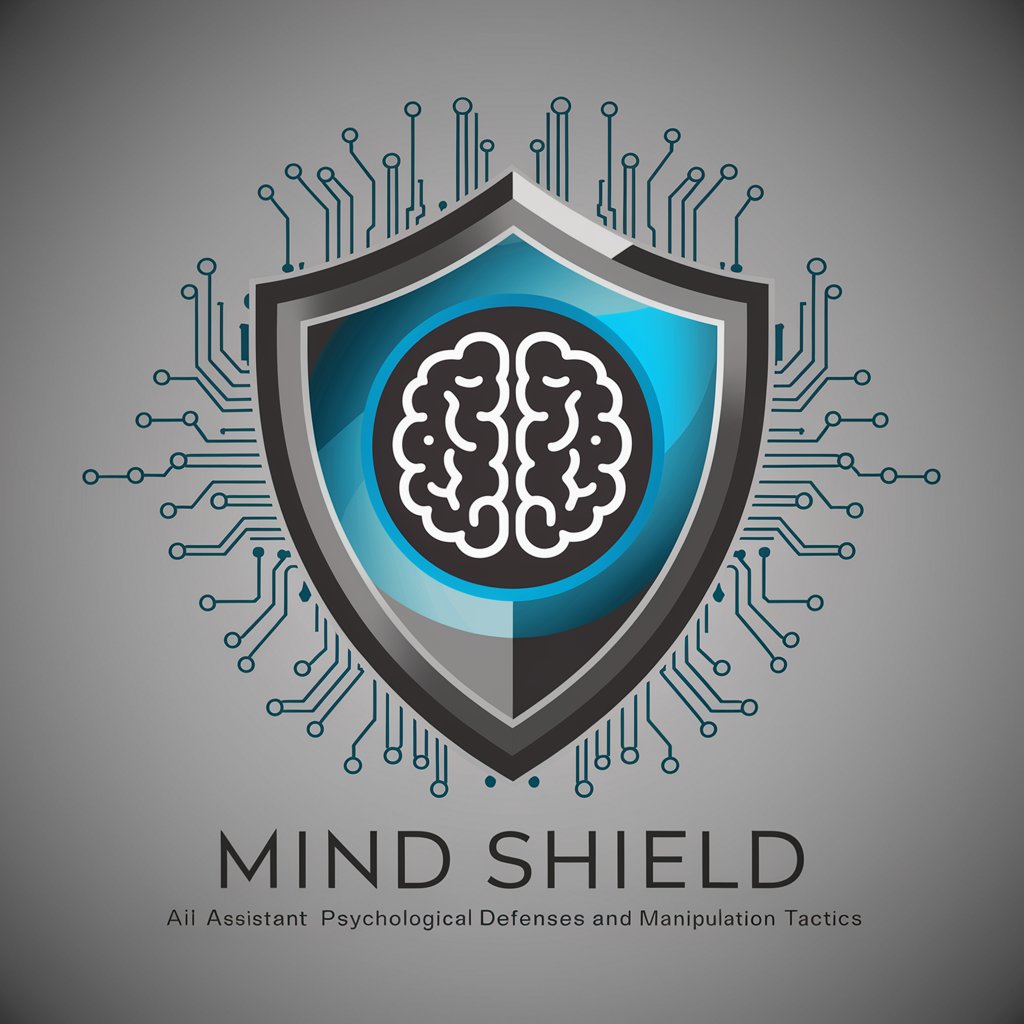
Aircraft Interior Designer
Revolutionizing Aircraft Interior Design with AI

HackSim Aircraft
Master hacking, power your strategy

Frequently Asked Questions About Mind Doctor
What makes Mind Doctor different from other chatbots?
Mind Doctor is uniquely designed with a focus on existential and therapeutic dialogue. Unlike typical chatbots, it leverages deep insights from existential therapy to guide users through introspective conversations, enabling a richer understanding of personal challenges and facilitating meaningful self-discovery.
Can Mind Doctor replace traditional therapy?
While Mind Doctor provides valuable existential insights and encourages profound self-reflection, it is designed to complement rather than replace traditional therapy. It offers a unique avenue for exploration and understanding, but it cannot substitute the personalized care provided by a licensed therapist.
How often should I interact with Mind Doctor?
Frequency can vary based on personal needs and goals. Some users may find daily interactions beneficial for ongoing reflection and growth, while others may prefer weekly sessions to process insights and develop deeper understandings. It's important to use Mind Doctor in a way that feels supportive and enriching to your personal journey.
Is my privacy protected when using Mind Doctor?
Yes, Mind Doctor is designed with privacy in mind. Conversations are handled with confidentiality, ensuring that your personal insights and reflections remain private. However, as with any digital platform, it's important to be mindful of the information you choose to share.
What types of issues can Mind Doctor help with?
Mind Doctor is equipped to explore a wide range of topics, from navigating existential questions and life transitions to dealing with feelings of anxiety, depression, or uncertainty. It's an excellent tool for anyone seeking to understand more about their internal world and how they engage with the world around them.
